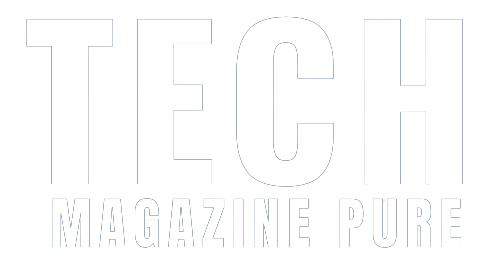In recent years, blockchain technology has emerged as a revolutionary force with the potential to disrupt industries and transform traditional business transactions. Blockchain, often associated with cryptocurrencies like Bitcoin, is a decentralized and transparent digital ledger that securely records transactions across multiple computers. Its unique features, including immutability, decentralization, and enhanced security, have captured the attention of businesses across various sectors. As a result, blockchain is being increasingly adopted to streamline processes, reduce costs, and improve efficiency in sectors such as finance, supply chain management, healthcare, and more. This essay will explore the ways in which blockchain is disrupting industries and revolutionizing business transactions, highlighting its potential to reshape the future of commerce and beyond.
Blockchain Disrupting Industries and Revolutionizing Business Transactions
In recent years, blockchain technology has emerged as a game-changer, disrupting industries and revolutionizing business transactions. Originally developed as the underlying technology for cryptocurrencies such as Bitcoin, blockchain has proven to have applications far beyond digital currencies, offering transparent, secure, and decentralized solutions for various sectors.
At its core, blockchain is a distributed ledger that records transactions across multiple computers. Each transaction, or “block,” is added to a chain of previous transactions, creating an immutable and transparent record. This decentralized nature eliminates the need for intermediaries, such as banks or government institutions, to validate and secure transactions, resulting in faster, more efficient, and cost-effective processes.
One of the industries significantly impacted by blockchain is finance. Traditionally, financial transactions involve multiple intermediaries, which can lead to delays, high fees, and security risks. With blockchain, financial transactions can be executed directly between parties, reducing the need for intermediaries and streamlining processes. This has led to the rise of cryptocurrencies, which offer borderless, peer-to-peer transactions with lower fees and enhanced security.
Another sector experiencing disruption is supply chain management. Blockchain enables end-to-end visibility and traceability of goods, from raw materials to the end consumer. By recording every step of the supply chain on a blockchain, businesses can ensure transparency, reduce fraud, and improve efficiency. This is particularly crucial in industries such as food and pharmaceuticals, where safety and authenticity are paramount.
Real estate is yet another industry being transformed by blockchain. Property transactions typically involve complex and time-consuming processes, including multiple intermediaries, paperwork, and legal fees. Blockchain-based solutions facilitate the digitization of property titles, smart contracts, and automated transactions, reducing the time and cost associated with buying or selling properties. This opens up opportunities for fractional ownership and real-time liquidity, making real estate investment more accessible to a broader range of investors.
Beyond these sectors, blockchain is also making an impact in healthcare, voting systems, intellectual property protection, and many others. Its ability to provide secure and tamper-proof records is particularly valuable in industries where trust and authenticity are essential.
However, as with any disruptive technology, blockchain faces challenges and obstacles. Scalability, energy consumption, and regulatory concerns are some of the issues that need to be addressed for widespread adoption. Additionally, the complexity of blockchain technology requires specialized knowledge and expertise, which may hinder its implementation across industries.
Despite these challenges, the potential of blockchain to disrupt industries and revolutionize business transactions is undeniable. Its transparent and secure nature offers a level of trust and efficiency previously unattainable. As more organizations explore and invest in blockchain solutions, we can expect to see further innovations and transformative changes across various sectors.
Blockchain technology is revolutionizing the way we conduct business transactions. By eliminating intermediaries, enhancing security, and providing transparency, blockchain has the potential to disrupt industries such as finance, supply chain management, and real estate. While challenges remain, the benefits of blockchain are too significant to ignore. As businesses and industries embrace this technology, we are witnessing a paradigm shift towards a more decentralized and efficient future.


